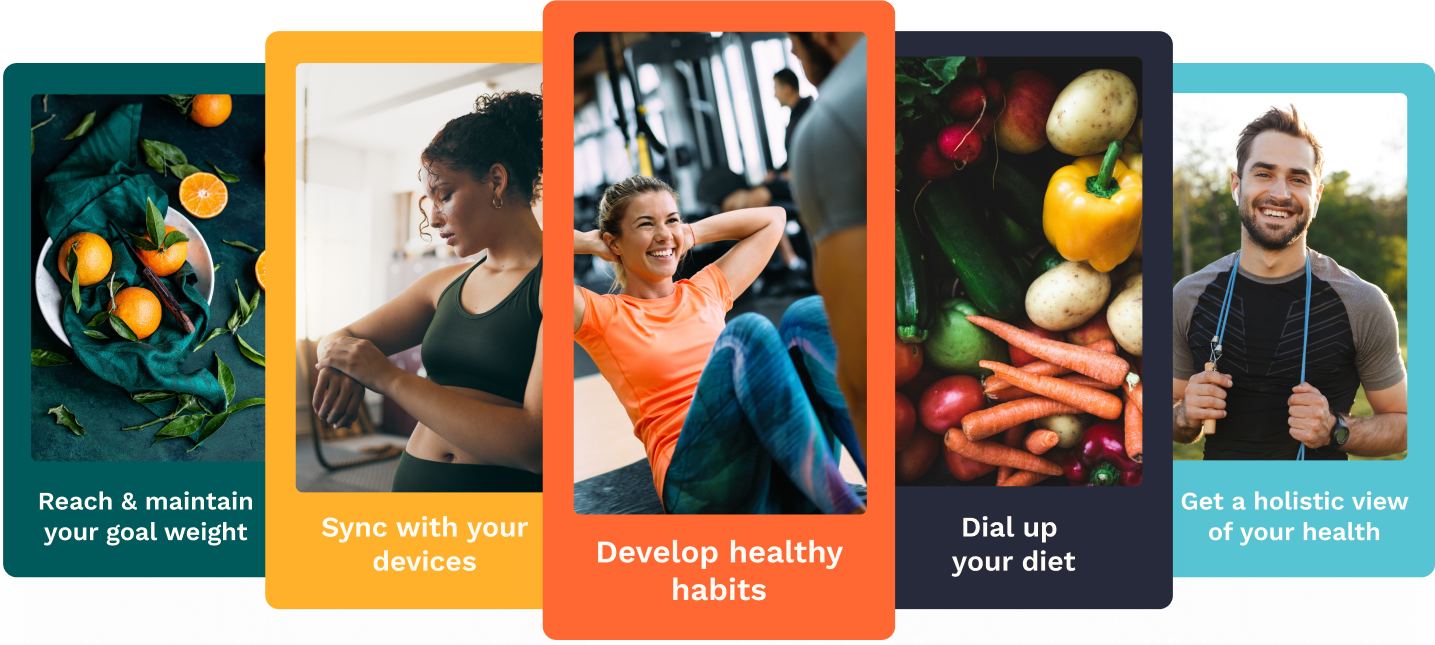Our Know Yourself Ambassadors have been sharing why they think it’s so important to know yourself, and here are a few more reasons why we believe it’s the key to living your most joyful life.
Meet Aaron
Aaron is a Cronometer Pro user and nutritional therapist. He helps his clients go low carb to improve their health initially, then helps them bring back the carbs without gaining the weight back.
Tell us about your approach to food.
Any health tips & tricks you'd like to share?
Protein is a goal, carbs and fats are just energy. Use them in a way that is sustainable to you, and simply make 10% improvements each week where you can.
What is your favourite Cronometer feature?
Honestly, I love the ability to be super precise with macros, targets, micronutrient targets and the reports with biometric data (being able to add X Y Parameters is super helpful).
What do you like most about using Cronometer & Cronometer Pro with your clients?
Cronometer pro has been super helpful for clients, as the app allows for specific customisation with macro targets, and what to show or hide to ensure clients aren’t overwhelmed. The database of foods is growing which is really good, and so much more accurate than MFP.
They love being able to see micronutrient data, which I think keeps their motivation high. The macro bars are also inspiring. I personally use it every single day, and haven’t found an app that works better yet.
AAron Day
If you are looking for a healthcare professional that is familiar with Cronometer, check out our Professional Directory which lists all of our Cronometer Pro users. You can search by location or specialty.
Already have an account? Sign in and log your food here.




